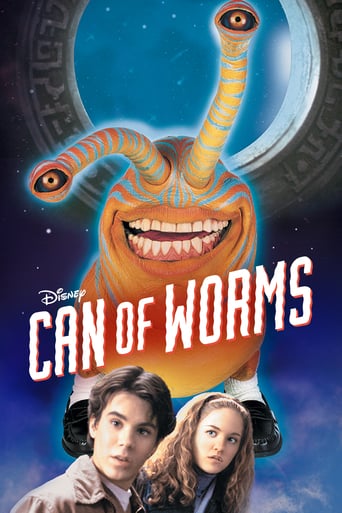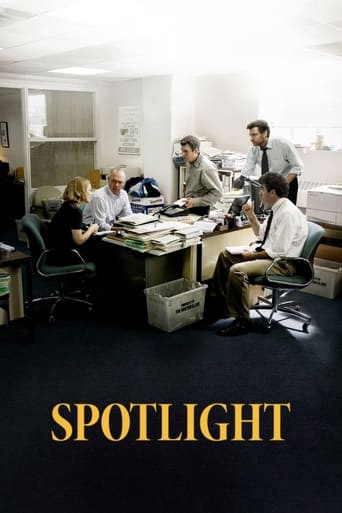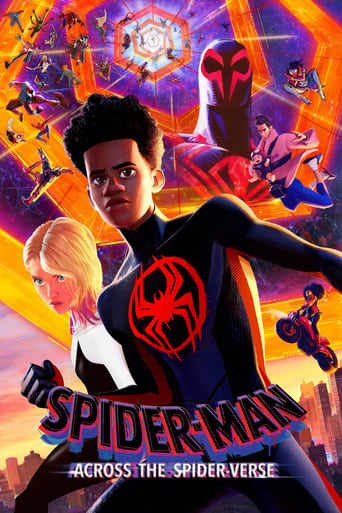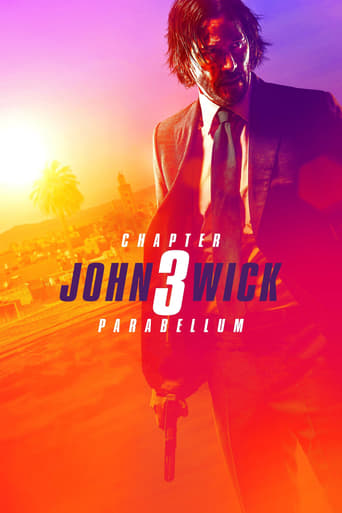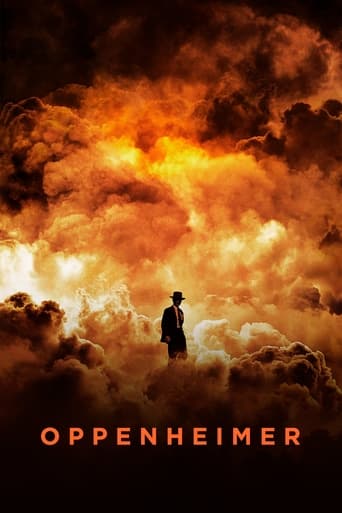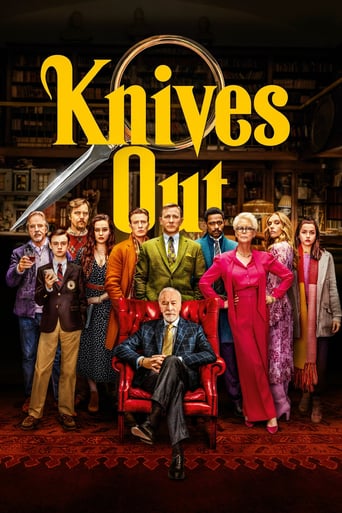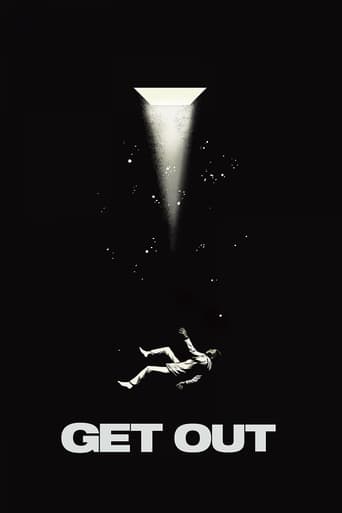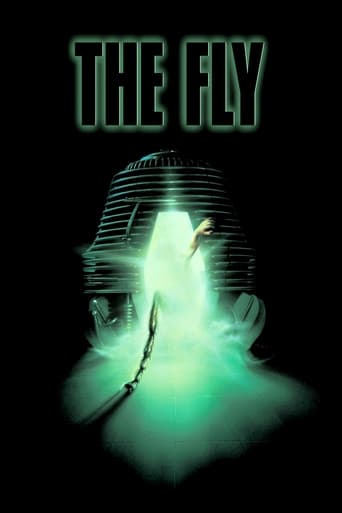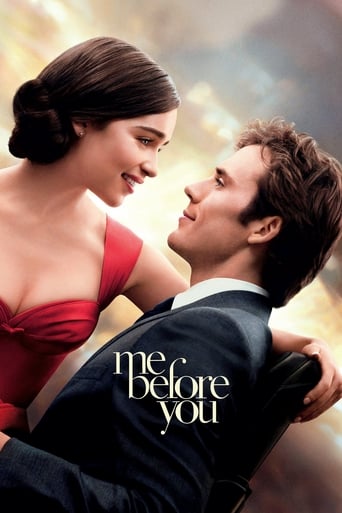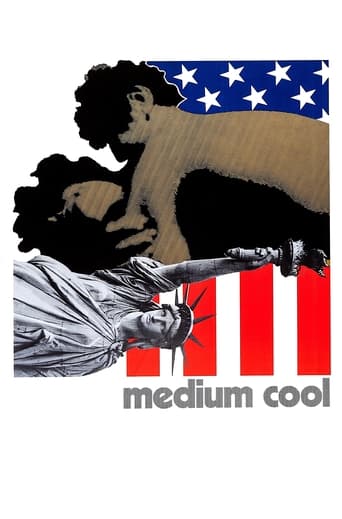


Medium Cool
John Cassellis is the toughest TV news reporter around. After extensively reporting about violence and racial tensions in poor communities, he discovers that his network is helping the FBI by granting them access to his footage to find suspects.
-
- Cast:
- Robert Forster , Verna Bloom , Peter Bonerz , Marianna Hill , Sid McCoy , Peter Boyle , China Lee


Similar titles
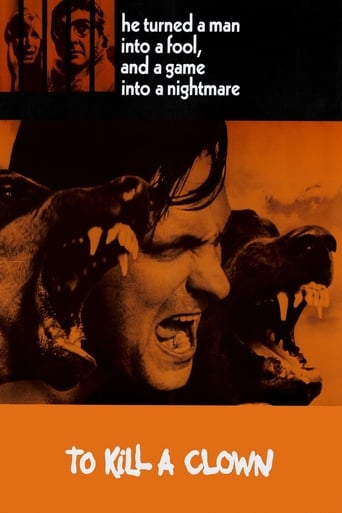
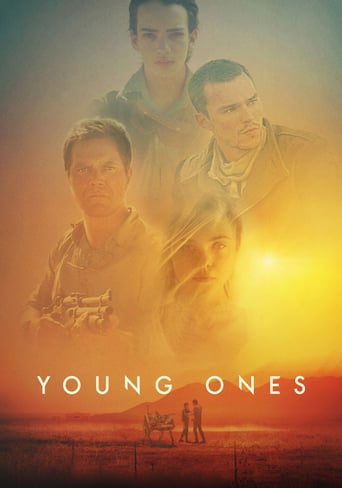




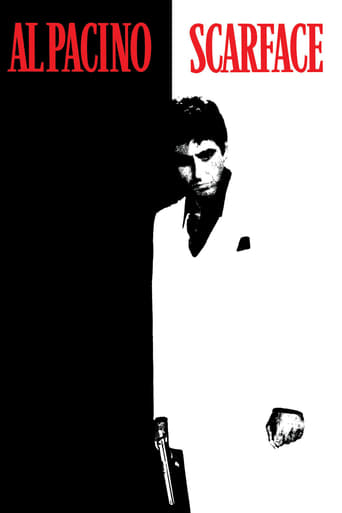
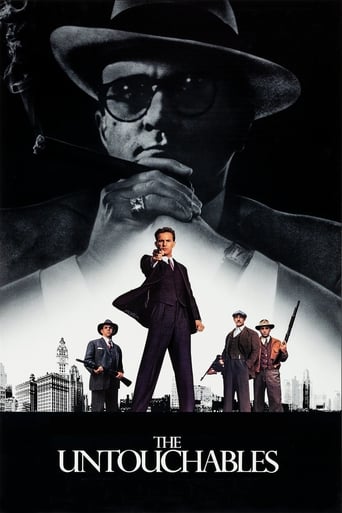

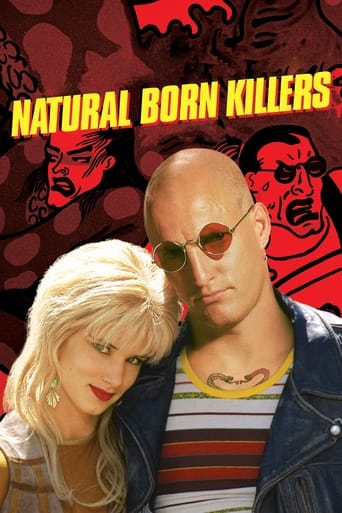
Reviews
Very very predictable, including the post credit scene !!!
Good , But It Is Overrated By Some
Absolutely the worst movie.
There are moments that feel comical, some horrific, and some downright inspiring but the tonal shifts hardly matter as the end results come to a film that's perfect for this time.
One of the craziest and most tension-filled time in America was during the Democratic Convention in Chicago in 1968. After all, Martin Luther King and Bobby Kennedy had just been killed, racial tensions were at an all-time high, folks were angry about Vietnam and people were simply scared. So, it's surprising that so few films actually deal with this in any way...and this is why I wanted to see "Medium Cool". Too bad the film was ponderous when is clearly should have been exciting.The story is an odd one. In some ways, it looks like a documentary film where a film crew follows a reporter (Robert Forrester) during the course of him doing his job. And, as the film unfurls, you see the crazy events of the day as they take place. This documentary approach is heightened by most of the folks in the picture, as they are non-actors. But other moments seem more staged (such as the fun sex scene that originally earned the film an X rating) and often they are a bit dull. Overall, the picture desperately looks like it was done by a first-time filmmaker--complete with sub-par camera work, poor pacing and a semi-professional look to it. For the life of me, I cannot see why this film has been so well received.
Still-relevant and thought-provoking essay on violence--and the voyeurism of violence via television--in America circa 1968. Docudrama-styled film centers on a TV-news cameraman in Chicago (Robert Forster, lean and mean while resembling a young Charles Bronson) and his love/hate relationship with his work, which is constantly being undermined by bureaucratic decision-making from network suits who aren't on the front-lines. Cinematographer Haskell Wexler also produced, directed, and wrote this microcosm of race relations (and its mind-boggling double-talk), youthful protesters of government, and clashes between civilians and the armed forces--all occurring during the 1968 Democratic convention rallies. Despite a tough, cynical veneer, a trace of bitter-tinged humor manages to come through in Wexler's conception, though the picture runs too long and is saddled with a bummer climax determined to make a statement. Forster is charming in a moodily low key, yet his budding romantic relationship with an abandoned mother of one is left a bit unformed. Real convention footage is integrated smoothly within the fictionalized drama, though these overtures (used for atmosphere) do call attention to themselves, as do a few stray acting moments from amateurs behaving too 'naturally'. However, this heatedly emotional and viscerally-charged film is still quite potent and arresting on many levels. **1/2 from ****
A news cameraman from Chicago and a single mother from West Virginia. What are the chances of these two meeting and having a relationship? It happens in this movie and what's more, it happens in the midst of intense social and political turmoil. This movie captures the intensity of the political turbulence that surrounded the 1968 Democratic Convention in Chicago. It conveys the anger of the protesters and their suppression by the police and the military. Indeed, this movie dramatizes the power of the government and what can happen when the government decides to assert its power. Robert Forster and Verna Bloom give incredibly strong performances as the two people who unwittingly get caught up in the maelstrom of the protests.
Absorbing, thought provoking and, above all, a unique record of an important "place & time", why "Medium Cool" still fails to gain the attention it deserves remains one of life's great mysteries.First off, it's a pretty good if somewhat disjointed story two "world-wise" middle class news reporters are sent to film the 1968 Democratic Convention in Chicago and become unwittingly involved in its political demonstrations, the inner city problems that have precipitated them, and the lives of a single mother and her young son in this harsh, confusing and seriously under-privileged world. Its acting, in particular from Robert Forster as the lead reporter and the 13 year old Harold Blankenship as the son, is excellent and at times so effective that it's difficult to remember you're watching a rigidly sequenced film rather than a social documentary. And, it's overlaid with some quite stunning cinema-photography from director Haskell Wexler, one of America's very best exponents of the art, backed up by a perfectly pitched late 60's soundtrack.Good enough so far, but that's just the start. Add-in its extensive live footage from the streets of Chicago as the riots develop, taken by the film's camera crew as they themselves are caught-up in a very "real" political drama, its ominous sequencing of the build up of events from a fun "day in the park" for the hippies/yippies to serious "police state" level violence, its equally chilling images of what was going on inside the Convention Hall while all of this was taking place, and the clever and disturbing scenes of the mother's desperate search for her lost son as Wexler films her within the increasingly anarchic crowds of demonstrators & troops actually on the streets at the time, and you've got something very special.Part film and part documentary, not all of what you think is "real" in "Medium Cool" is, and the lines between live and acted scenes are sometimes confusingly and frustratingly blurred, as in the famous call from one of the camera crew of "look out Haskell this is real" as a tear gas canister lands in front of them, which was in fact over-dubbed afterwards. But that's the whole point of the film as the final, almost startling scenes reveal. How far is the media in control? Is what you're seeing real, distorted or contrived? Wexler's brilliance is to take this underlying theme and to mould it into a fascinating exploration of inner city life, American society in a period of huge change, and the power/needs of the media in a TV dominated world, while, in parallel, producing a gripping record of what it's like to be in the centre of a demonstration that's spiralling out of control. Juxtaposing the impersonality of reporting with the very personal situations that are involved, it raises a whole series of questions on the way without falling into the trap of most films of the era in trying to ram home too many answers. And, as a result, it remains as relevant today as it did then.Quite rightly regarded as one of the best "counter culture" films of the late 60's and much richer and more thought provoking than this classification usually implies, it remains one of the most under-rated films out there.

